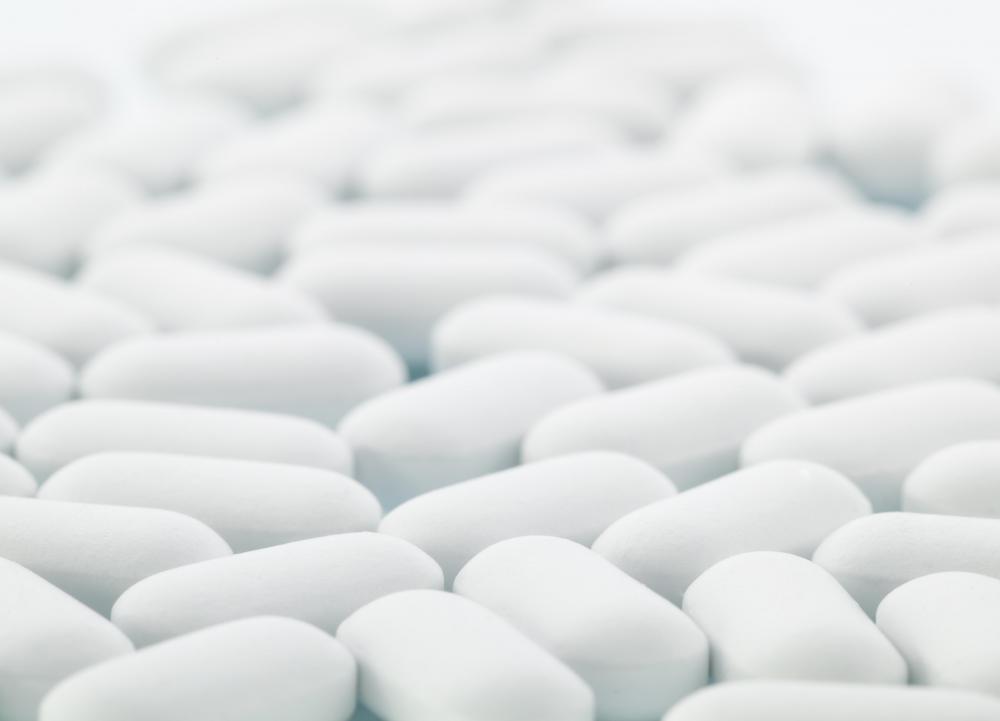At PracticalAdultInsights, we're committed to delivering accurate, trustworthy information. Our expert-authored content is rigorously fact-checked and sourced from credible authorities. Discover how we uphold the highest standards in providing you with reliable knowledge.
What Does a Clinical Trial Specialist Do?
A clinical trial specialist is a person who oversees a clinical research project from its beginning to end. In most cases, these individuals are employed by universities or scientific laboratories. Being effective at this position requires a person who is organized, has interpersonal skills and is able to think ahead. Some typical job duties include keeping supplies stocked, setting up research projects, screening potential subjects, conducting research projects, analyzing results and recording results.
One of the most important responsibilities of a clinical trial specialist is keeping supplies stocked for research projects. For example, he may need to order drugs, chemicals or specialized equipment to conduct a project. Consequently, he might perform routine inventory checks to ensure that all supplies are readily available.

Setting up clinical research projects is also very important. In most cases, significant planning is required to successfully complete a project, so a clinical trial specialist must follow a sequence of steps before beginning. This can include securing a location, gathering equipment, gathering supplies and performing background research. He may also need to address any issues that could affect the accuracy of the data collected during the trial.

Another part of this job involves screening potential subjects. To ensure accuracy and obtain the most qualified subjects, a clinical trial specialist will usually interview several individuals. For this practice, he may go over things like a person's background information and health history. Doing so is necessary to ensure subject safety and project accuracy.

Once a project can been successfully set up and subjects have been acquired, a clinical trial specialist will conduct the trial research project. The nature and complexity of each project can vary considerably, so he must take the unique circumstances of each individual trial into account. An example could be administering a drug to one subject and a placebo to another subject.

Upon the completion of a trial research project, a clinical trial specialist will analyze the results. In the case of a drug experiment, this might involve comparing the reaction of the subjects who received the drug and the subjects who received the placebo. For simple projects, this is often done at the specialist's facility. In the case of more complex projects, findings might be sent off to other facilities to be analyzed by a team of individuals.

Recording results is usually the final stage of each trial research project. For an experiment to be useful and valid, the data must be documented so that it can be shared with other professionals. This step might include publishing the results in a scientific journal or other academic resource.
AS FEATURED ON:
AS FEATURED ON:

















Discuss this Article
Post your comments